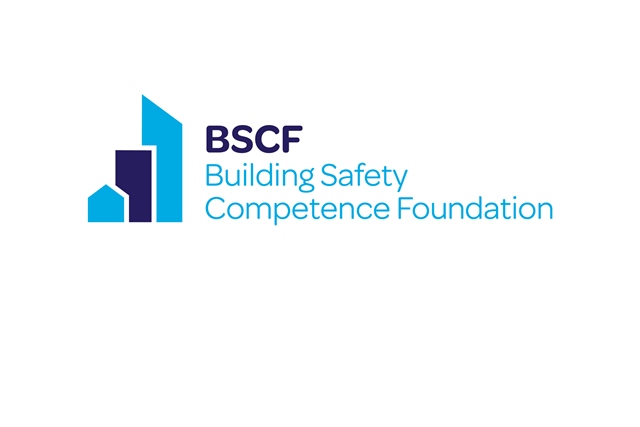UKAS has accredited the Building Safety Competency Foundation (BSCF) for its Building Control Inspector (BCI) competence certification scheme.
It is regarded as a landmark moment in the development of the building control function, turning it from just a job into a regulated profession, as required by the Building Safety Act 2022.
UKAS carried out its assessment of the BCI competency certification scheme against the international standard ISO/IEC 17024 Conformity assessment: General requirements for bodies operating certification of persons.
Completing the BCI certification scheme is one of the three prescribed registration routes under the Building Safety Regulator’s new Building Inspector Competency Framework (BICoF). The Building Safety Act 2022 makes BICoF registration mandatory for all classes of building inspector, working in both the public and private sectors, in all types of buildings across England and Wales.

While the BICoF does not provide an exhaustive list of competency criteria, assessments under the BCI certification scheme include a review of the relevant qualifications, knowledge and experience academic/technical qualifications, as appropriate to each inspector’s role. Building inspectors must be reassessed every four years to maintain their BICoF registration and so they are expected to put themselves through continuous professional development.
BSCF chief executive Lorna Stimpson said: “The BCI certification scheme rigorously evaluates the competence of building control professionals across all inspecting roles and specialisms. In addition to helping building inspectors meet mandatory BSR registration requirements, the BCI certification scheme aims to raise standards of technical competence throughout the industry.
“UKAS accreditation provides a valuable additional layer of independent scrutiny to the process, further enhancing the BCI competency certification scheme’s reputation and its potential to restore faith in the industry’s ability to deliver safer buildings.”
She added that the requirement to be reassessed every four years added an extra layer of assurance. “We think it’s really important that we continue to test competence on a regular basis, which is also required by UKAS accreditation,” she said. “Building control professionals need to be able to demonstrate that they are continuously developing their skills in line with the needs of clients, and that any learning is being applied to projects.”

